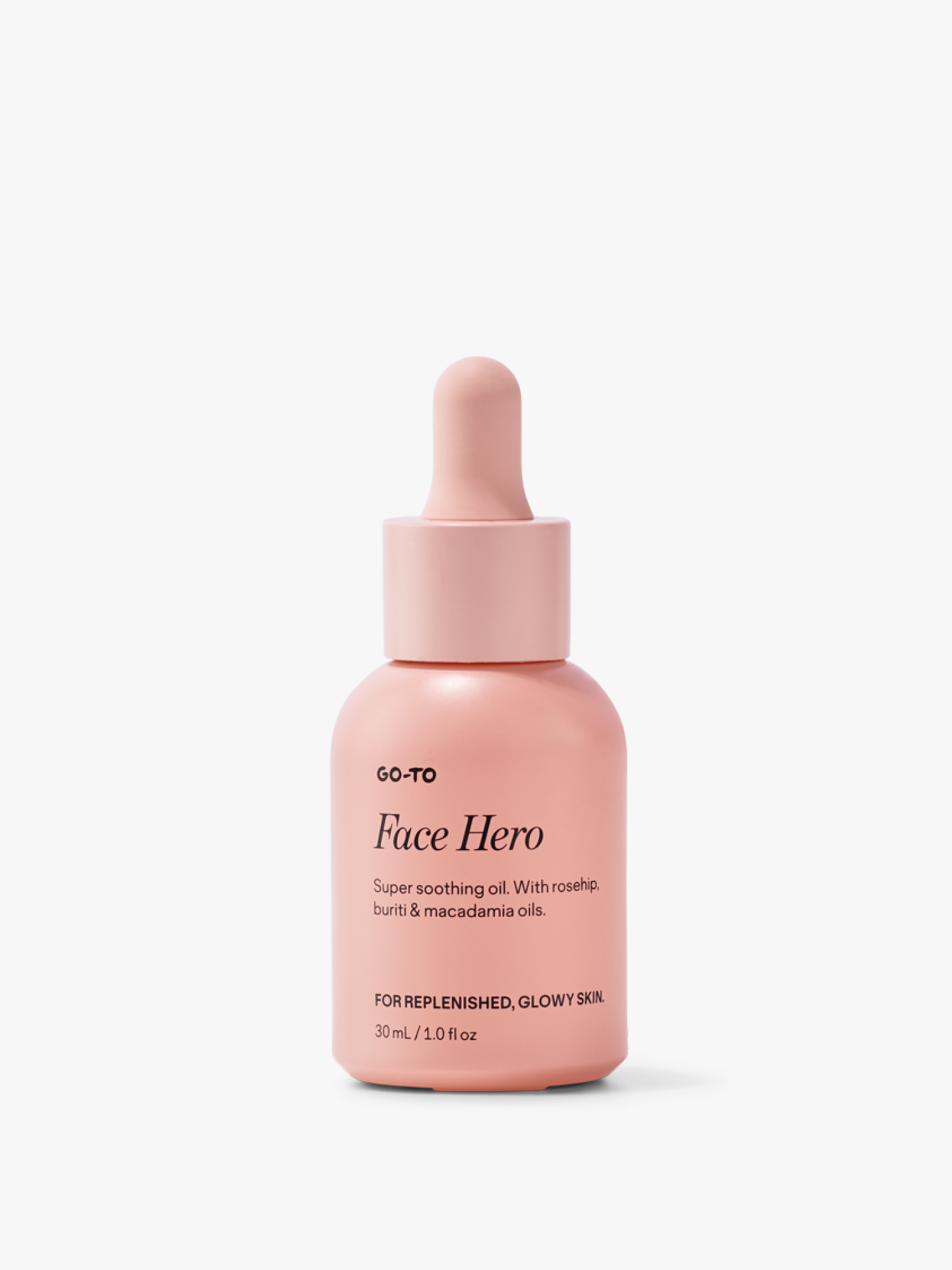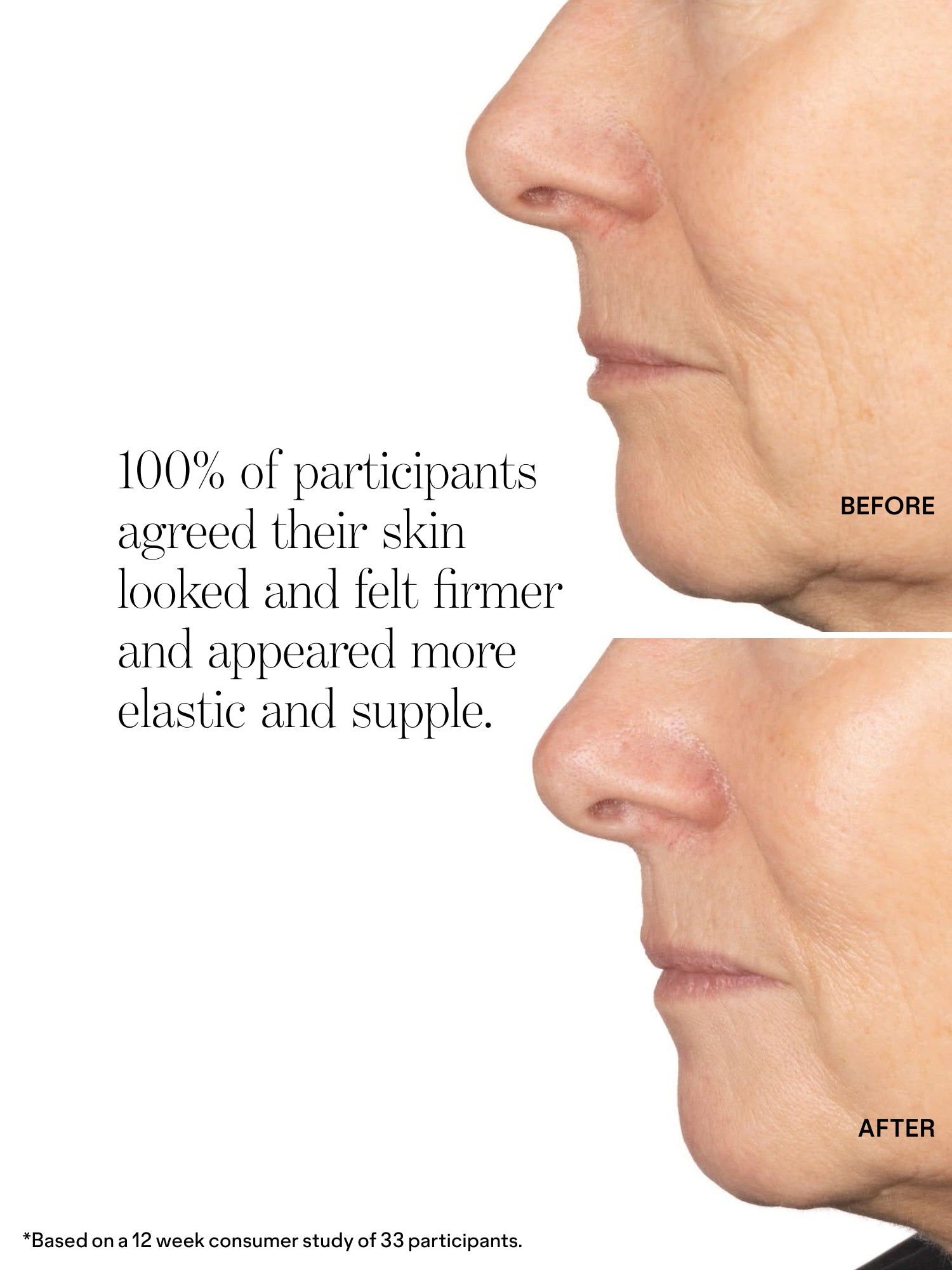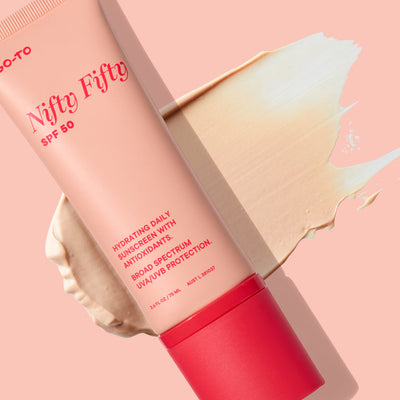It will come as no surprise to those familiar with my life’s work that I’ve made my way onto The Go-To Guide preaching about sunscreen. After all, I am a dermal therapist running my own business, so I spend most of my days assessing my clients’ skincare routines and telling them what they do and don’t need.
Spoiler alert: sunscreen is always in the ‘do need’ pile.
I’ve previously worked as a beauty journalist and content lead in the beauty industry and have been witness to the changing attitudes around sunscreen use, and the rise of brands that have made wearing daily sunscreen ‘cool’. That was five years ago. So, in the five years since, what on earth has caused younger generations, particularly Gen Z, to seemingly take a backwards step when it comes to sun safety?
Since changes to TGA regulations preventing influencers from openly and candidly promoting the use of sunscreens in Australia came into effect in 2022, I’ve observed a consistent and dangerous decline in sun safety amongst a younger demographic, primarily on social media. Are these TGA guidelines partly to blame for that sun safety trajectory plateauing, or has our national messaging not been as strong as the ‘nothing’s healthy about a tan’ campaigns millennials grew up with? And we can’t understate the role social media plays here too, in setting the beauty standard.
A 2023 survey of over 1,000 Aussie adults by La Roche-Posay revealed almost half of Gen Z deliberately sit in the sun to work on their tans, with 37% knowingly using less or no sunscreen when doing so, and something similar is happening in the USA. A 2024 survey of over 1,000 adults by the American Academy of Dermatology showed 28% of respondents claimed getting a tan was more important to them than the risk of getting skin cancer. Accompanying that mind-blowing stat, 58% of respondents aged 18-26 reported getting sunburnt last year.
So as it turns out, I wasn’t imagining this shift. For Gen Z, vanity is outweighing safety in the current climate. If you've spent any amount of time on TikTok, you've likely seen Gen Z creators with deep tan lines or noticeable/considerable sunburns in their GRWM videos. I could even name a handful of them (but I won’t).
Yes it does take all of my willpower not to comment on their videos.
Something I mentioned on Shameless Media’s Style-ish podcast recently was that I find my audience across socials, as well as my own clients, respond more emphatically to anti-aging messaging, rather than skin cancer prevention messaging when I'm encouraging the use of sunscreen and other sun safety methods, so I do lean into that, because if it's what makes young people wear sunscreen, then so be it.
But, where to from here? Well, let me share some quick facts that you might not be across:
- If your philosophy is “I’ll just get Botox when I start getting wrinkles”, I’m here to tell you Botox isn’t going to reverse the DNA damage caused by UV that results in hyperpigmentation, laxity, collagen degradation and skin cancers. Botox is going to do very little for you at that point.
- On that note, up to 90% of visible skin aging is caused by UV exposure. That means how your skin ages is almost entirely up to you and your sun habits.*
- Melanoma is the most common cancer diagnosed in Aussies aged 20-39 years old, and it does kill young people.**
- The retinoid you’re using, and the AHAs and BHAs, increase photosensitivity, meaning your skin is more susceptible to sunburn and sun damage without the use of proper sun safety measures like sunscreen, hat, sunglasses and seeking shade.
- Achieving a ‘base tan’ or having an olive to deep skin tone does not mean you can’t get skin cancer or that you aren’t causing serious damage to your skin – this is a HUGE misconception.
As you’ll hear every expert say, the best anti-aging product you can use is sunscreen. If we can’t get Gen Z to take skin cancer prevention seriously, this may be the next best thing, and perhaps vanity alone is what we need to target in Australia’s next national sun safety campaign.
* United States Environmental Protection Agency, 2024, Health Effects Of UV Radiation
** Melanoma Institute Australia, 2024, Melanoma Facts
Joanna Fleming
















Comments